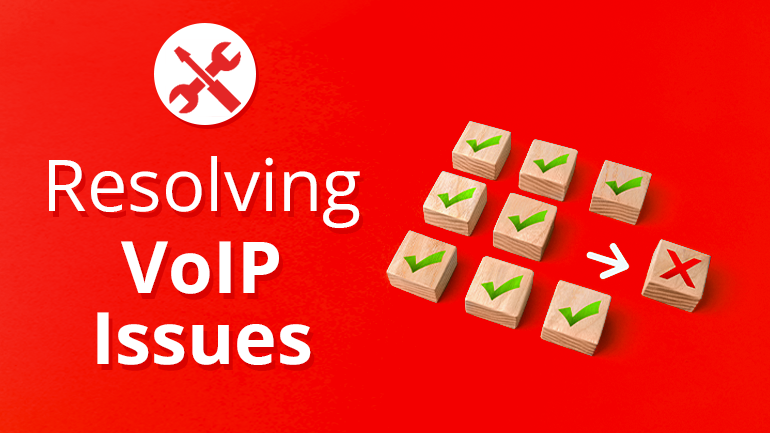Softbank, the Japanese telecommunications giant, is gearing up to bolster its supercomputing capabilities in a bid to support its ambitious generative AI (GenAI) strategy. As reported by Nikkei, Softbank plans to allocate JPY150 billion ($960 million) over the next two years towards upgrading its computing infrastructure, a significant leap from the JPY20 billion invested last year.
PJT Partners sets out to scrutinize UK telecom operator, KCOM’s business strategy, a move that could trigger significant changes like a sale or merger. This arises from previous disclosures regarding the potential interest of CityFibre and Virgin Media O2 in purchasing the uniquely positioned company that operates independently of BT’s Openreach network.
A monumental step for Saudi Arabia’s Vision 2030 appears on the horizon as the Public Investment Fund and stc group plan to merge TAWAL and Golden Lattice Investment Company (GLIC). This partnership, expected to have a value of $5.85 billion and annual revenues near $1.3 billion, could be a game-changer in the telecommunications infrastructure domain.
VoIP offers businesses communication advantages, but reliability is crucial. The article explores common issues like bandwidth constraints, latency, and security vulnerabilities. It provides solutions like QoS, firewalls, and UPS systems to ensure a smooth VoIP experience for businesses.
In a pivotal tech development, Delta Airlines aligns with T-Mobile, dedicating their efforts towards promoting 5G technology advancement. The vast integration will transform over 60,000 workflows, enhancing operations from check-in to lift-off. To support this evolution, Delta plans to implement a T-Mobile 5G hybrid network at its Atlanta headquarters. As part of its ongoing telecom development, T-Mobile recently concluded a $290 million 5G network expansion in Louisiana.
Embracing certain compliance measures with the U.S. ‘Clean Network’ program, Nokia seemingly reduced its orders with supplier Foxconn Industrial Internet, marking another move away from China-based telecoms equipment. Though these adjustments primarily impact specific equipment types, both entities express an unusual blend of caution and resilience.
The demand for data centers is soaring due to edge services and generative AI. Nokia’s first-quarter results showed a 19% drop in sales but a notable 52% profit increase. Telesystem has launched new cybersecurity bundles featuring updated Employee Security Awareness Training. Utility companies are using GIS technology to address infrastructure, workforce, and demand challenges.
Fujitsu Limited and Oracle have joined forces to introduce innovative cloud and AI capabilities tailored to the digital sovereignty needs of Japanese enterprises and government agencies. This collaboration focuses on leveraging Oracle Alloy to enhance Fujitsu’s Hybrid IT offerings, particularly its Fujitsu Uvance platform designed to assist clients in business growth and societal problem-solving.
Letta’s recent report underlines the fragmentation faced by the European telecoms sector, with its 27 separate national markets serving a mere average of five million customers. Highlighting the necessity for unification and increased scale for cost-effective innovation, the report aims to strengthen the sector’s competitiveness, fueling new advancements like edge computing and IoT.
Bharti Airtel and Dialog Axiata have unveiled a fusion plan for their operations in Sri Lanka. The anticipated benefits of this combination include tapping into economies of scale, reducing infrastructure redundancy, drawing from technology and capital synergies, and fostering broadband connectivity advancements.













